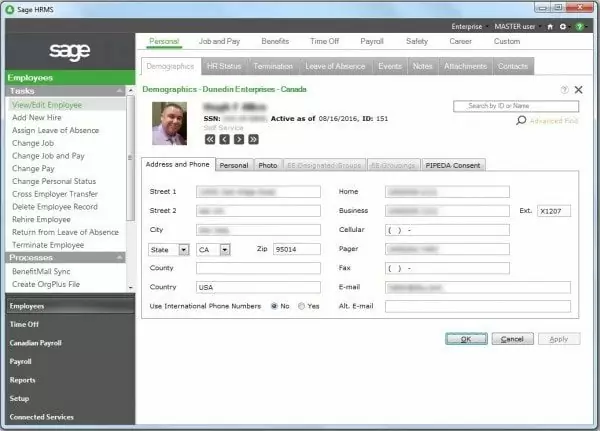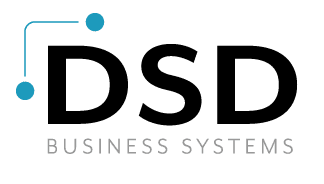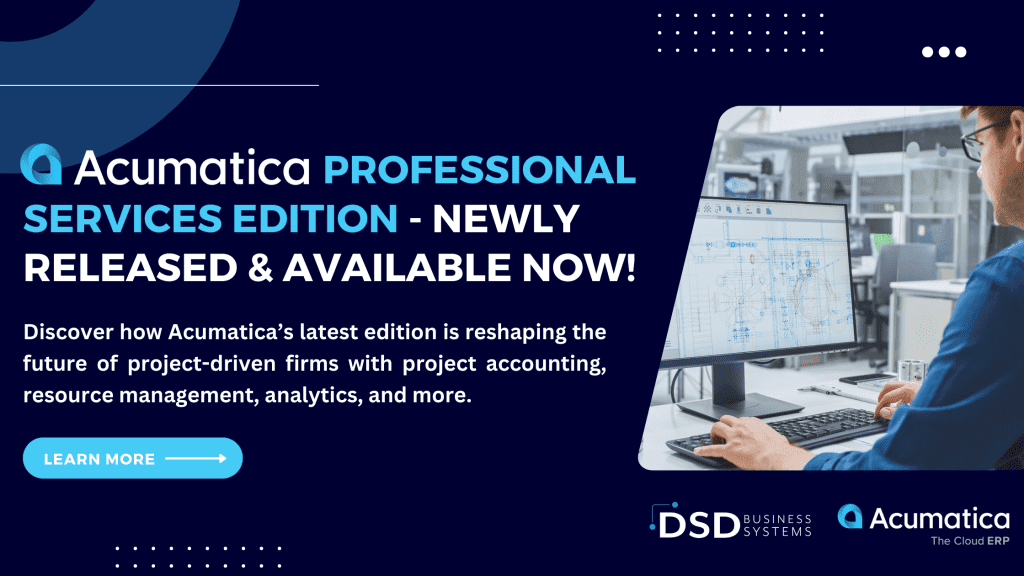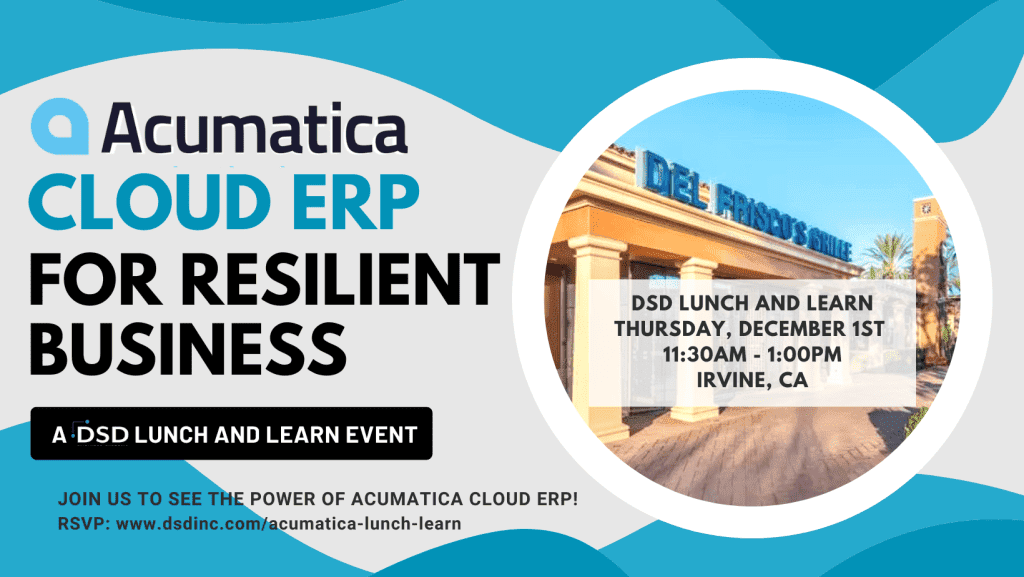HRIS vs. HRMS vs. HCM: What’s the Difference?
September 20, 2019
When it comes to HR Software — HCM vs HRIS vs HRMS — you may be asking yourself what do these acronyms really mean? Do not let these industry buzz words intimidate you, we are here to break them down so you can make an informed choice.
Why You Need Them:
When you are trying to figure out if HR software is something your organization needs, try to think of HR as a combination of requirements and aspirations. No matter your industry, there are things required of your business and then there are things that you aspire to do to make your business better. You are required to consistently pay your employees. You aspire to improve your business transparency. This post is here to guide you through what each of these terms represents so you can make an important investment decision for your business.
The Basics:
- HRIS: Human Resource Information System
- HRMS: Human Resource Management System
- HCM: Human Capital Management
All of the above relates to software that incorporates cloud computing and databases to create a platform that makes it easier for you to manage all things human resources. No more paying for individual additions, all these systems offer a bundled solution that streamlines human resource management.
The Breakdown:
HRIS: Human Resource Information System
Users can electronically manage, track and automate essential HR processes through this software. Typically, these platforms serve as an employee database at the core and then dive deeper into details about individual workers, specific departments, or a company overview. Additionally, HRIS frequently includes analytics and reporting.
Think of HRIS as your software that completes your requirements. Generally you can find the following five HR applications:
Manage a digital roster of your employees, including their personal information, contact details, job position and more.
Calculate wages and salaries, deduct correct amounts for taxes and benefits and print checks or execute direct deposits.
Allow employees to enroll in benefits such as health insurance or 401k, manage information and track compliance.
Track employee working hours and monitor absences due to vacation, sickness or otherwise.
Automate posting job openings, receiving online applications, tracking candidates and managing hiring workflows.

HRMS: Human Resource Management System
Popular systems: Sage HRMS, etc.
HRMS, human resources management system, bundles all essential HR functions into one platform. From allowing its user to complete tasks, data analyzation, and report generation, this integrated system is intended to perform similar functions as HRIS software(see above).
Including:
- personnel tracking
- payroll
- benefits administration
- time and attendance
- recruiting
What sets HRMS apart? HRMS systems have a tendency to offer platformed performance reviews and succession planning more than HRISs, though they are not as comprehensive as HCM software suites.
Synonyms: HRIS (see above), HRMIS, HRM, HR Software, core HR
HCM: Human Capital Management
HCM, human capital management, is an HR software solution built for HR administrative needs, employee engagement, retention, and growth strategy. It is built for organizations large or small and covers a wide range of core and strategic HR functions.
Typically including:
Managing organizational and employee data, transactional employee and manager self-service, benefits and payroll administration
Access to policy and procedure guidance, case management, document management and an organizational knowledge base
Recruiting, onboarding, performance management, compensation planning, career and succession planning, learning and development and workforce planning
Absence management, time and attendance management, task management, budgeting and forecasting and scheduling
Hopefully, we have broadened your knowledge of the differences among HRIS, HRMS and HCM software. These definitions are broad and vary greatly as technology is always changing but we hope we cleared things up enough to help you find the right HR suite for your business.








